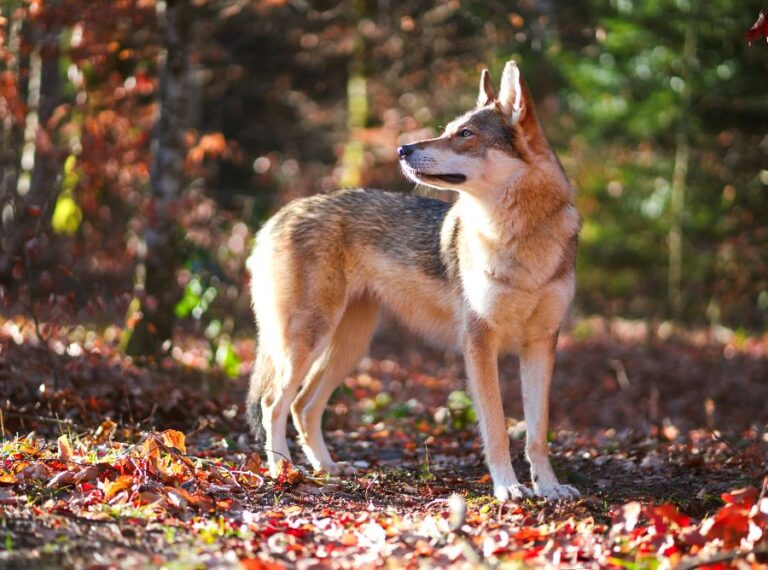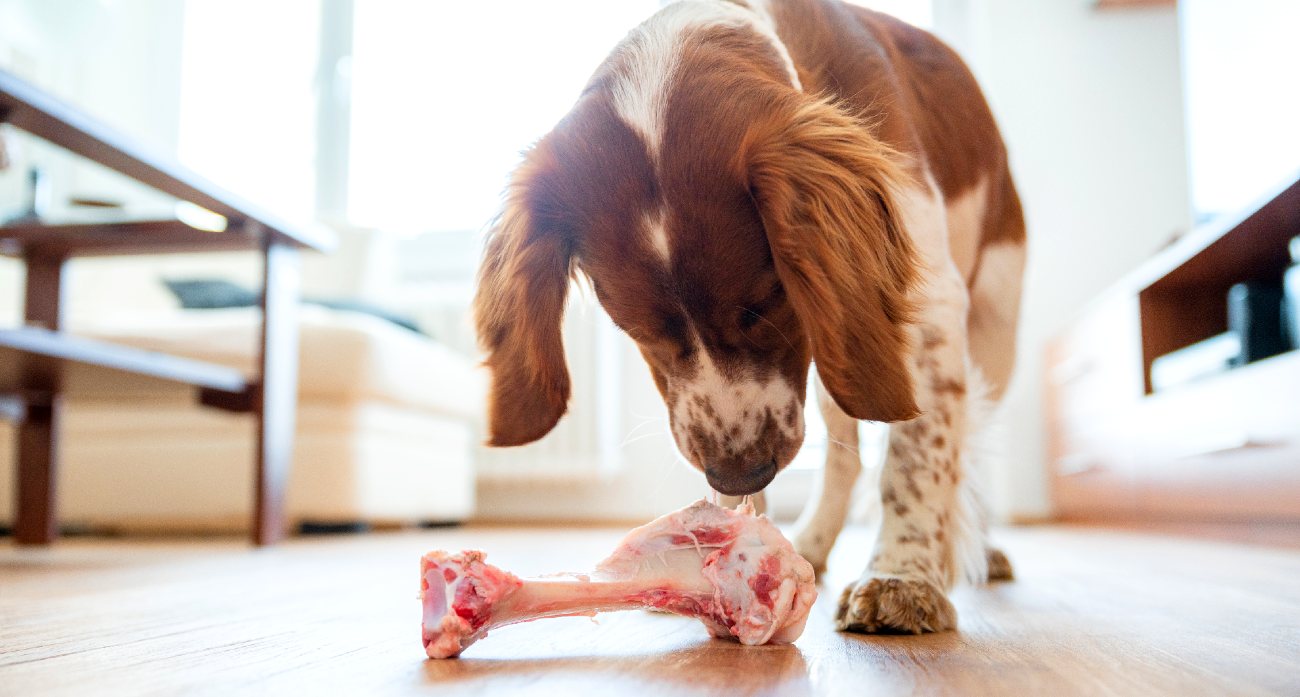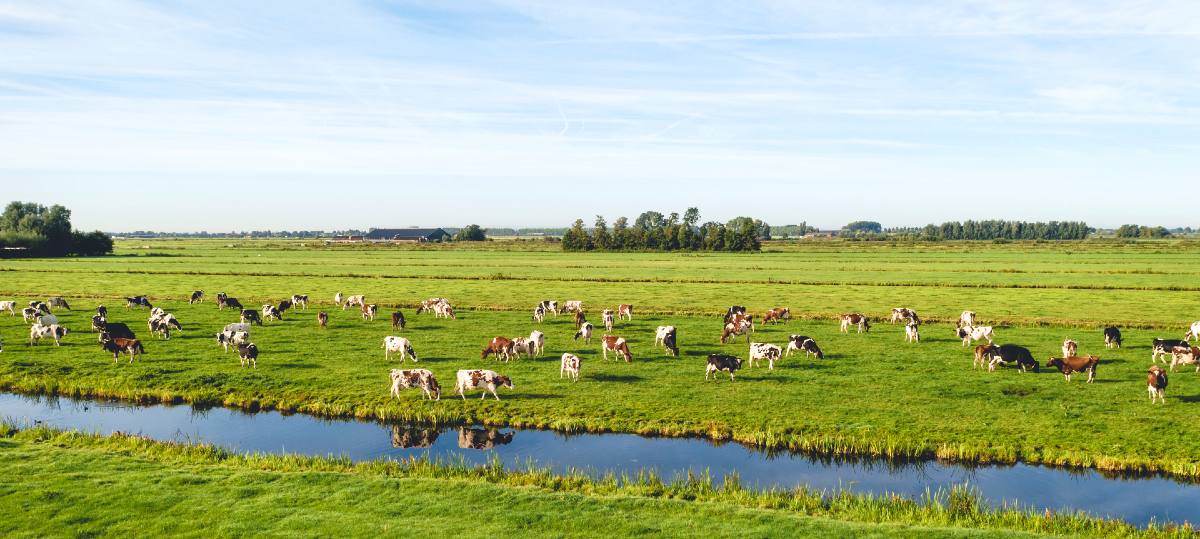Can dogs eat raw meat? The answer to this question is more complicated than a simple yes or no. All dogs are different, as are all samples of raw meat. Your pet might indulge in raw beef and suffer no consequences, or they could end up with a terrible disease.
In this article, we’re discussing the pros and cons of feeding your dog raw meat from a veterinarian’s perspective to help you make an informed decision.
Pro Tip: When you welcome a dog into your home, he or she will quickly become part of the family and you’ll want to do everything you can to look after them. But with so many potential risks, accidents can happen. Vet bills can be quite high, so consider protecting your dog (and your bank account) with a pet insurance policy.
What Makes Raw Beef a Good Choice?
Your dog, the carnivore, NEEDS meat to thrive.
Think about what dogs ate before they were members of the household. What did generations of animals eat when they roamed apart from us. Surely, they didn’t hunt wild kibble… No, a dog’s biology supports a carnivore’s diet.
Dogs share 99.9% of the same DNA as the grey wolf. As we’ve domesticated animals, we’ve bred them for specific propensities (think hunting or herding) and aesthetics (looking at you pugs), but we haven’t bred out their DNA.
The basic physiology, i.e., their internal anatomy, has changed little since domestication, which also means their nutritional requirements haven’t changed.

Take a peek inside their mouths–
Large canines and pointed molars meant for ripping and tearing meat from the bone.
Little to no salivary amylase (the enzyme necessary for breaking down carbs) in their mouth.
High acidity levels in their stomach can handle the number of bacteria found in fresh prey.

With anatomy like that, a dog’s diet should match.
And, of course, a diet low in carbohydrates, no more than 25% or so (but the less, the better) from vegetables, fruits, seeds, even minimal amounts of predigested grains.
But before you add a hunk of raw beef to your carnivore’s bowl and call it dinner, there are a few things you need to know first.
Not all beef offers equal nutritional value. Most animals used in beef production are grass-fed or grain-fed. Your canine companion benefits most from the grass-fed variety, and here’s why.

Omega-3 and 6 fatty acids are essential components of a carnivore diet. Dogs can’t don’t produce them naturally, so we must include them in their daily diets.
What’s more, Omega 3 and Omega 6 have to be balanced to reap the benefits. The target ratio of Omega-3 and Omega-6 should be 1:1 in the diet. This is crucial, so those ears should be at attention, pups.
Too much Omega 6 and not enough Omega 3 can lead to chronic inflammation and ultimately havoc on the body, including diabetes, gut issues, or cancer.

Raw grass-fed beef has a more balanced ratio of omega-3 to omega-6 essential fatty acids. The meat of grass-fed cows contains almost five times the levels of Omega-3 fatty acids than grain-fed cows with higher levels of Omega-6.
And then there’s the fat difference. Grass-fed animals have leaner muscle mass because they’re out roaming the pastures all day and not carb-o-loading. That means less stress-caused oxidation to cells and more nutrients in the muscles and organs.
For Mr. Squishmallow, grass-fed is the superior choice.
Is Raw Beef Right For Your Dog?
Absolutely, dogs have forgiving digestive systems. With higher acidity in their stomachs and shorter intestinal tracts, they can eat raw meat that may harbor salmonella or listeria spores with no problem– and before you panic, some pathogens are completely normal. Remember, we’re talking real, whole, fresh food.

We hoomans have more sensitive digestive systems that allow those bacteria to wreak havoc for us, which is why we’re hyper-aware of naturally occurring pathogens in our food.
Any dog who is immunocompromised should avoid raw meats. With a weakened immune system, their body isn’t functioning at 100%, making them more vulnerable to pathogen loads. To not deprive these pups entirely, you could cook the beef lightly or opt for a freeze-dried option.
Can Dogs Eat Raw Meat? And, Should They?
Yes, dogs can eat raw meat. Should dogs eat raw meat, though? Dr. RuthAnn Lobos, a Purina veterinarian, says feeding a diet consisting primarily of raw meat may not provide the complete and balanced nutrition your dog needs. “This is especially true in rapidly growing and developing puppies,” she says. “Their dietary needs are quite complex. The same is true for senior dogs who may have a weaker immune system and more sensitive digestive systems.” Properly cooking meat and carbohydrates (like we do with our dog foods) can make the food more digestible. When foods are easily digested, “dogs can use more of the nutrients more effectively for producing energy, building muscles and supporting their immune systems,” Dr. Lobos adds. A RFD can increase your dog’s risk of nutritional deficiencies and illnesses. They need complete and balanced nutrition to help them live long and healthy lives. If you do choose a commercially prepared RFD, our experts recommend ensuring it’s formulated by a veterinary nutritionist. We also recommend choosing a food that has undergone feeding trials and meets World Small Animal Veterinary Association (WSAVA) guidelines to ensure your dog gets all the nutrients he needs.